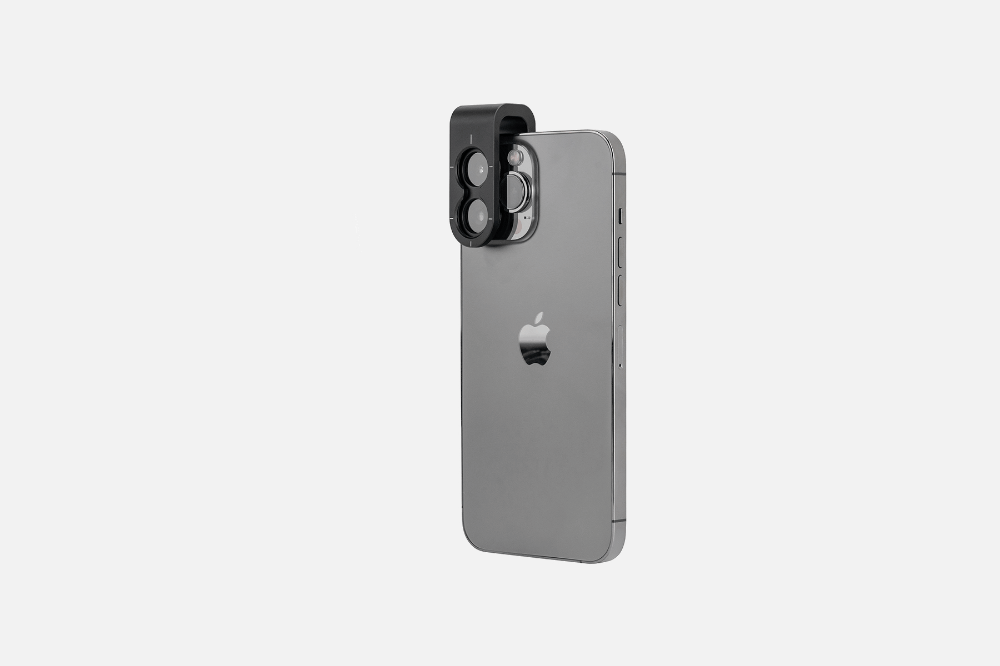Seller's Recommend
-
DE-4100 PRO Dermatoscope
$799.00 -
DE-3100 Dermatoscope
$499.00 -
DE-500 Dermatoscope
$399.00 -
DE-315 Woods Lamp
$109.00
-
DE-4100 PRO Dermatoscope
$799.00 -
DE-4100 Dermatoscope
$699.00 -
DE-3100 PRO Dermatoscope
$599.00 -
DE-3100 Dermatoscope
$499.00 -
DE-500 Dermatoscope
$399.00 -
DE-400 Dermatoscope
$179.00
Our Latest Articles
Find the latest dermatology news and our product reviews
What Are the Differences Between the DE-3100 and DE-4100, and the Pro version?
A dermatoscope is more than just a magnifying glass with a light. It utilizes polarized and non-polarized light to eliminate surface reflection from the stratum corneum, allowing a clear view of deeper skin layers. Whether you are a seasoned dermatologist or a general practitioner, the choice of device impacts your…
What Are the Differences Between IBOOLO DE-300, DE-400, and DE-500?
A dermatoscope is a medical optical device designed to visualize skin structures that are not visible to the naked eye. By combining magnification with controlled illumination, a dermatoscope allows clearer observation of pigmentation, vascular patterns, and surface structures of the skin. Modern dermatoscopes increasingly rely on digital integration. Pocket dermatoscopes
What Skin Conditions Are Most Common in the Autumn?
Autumn is a transitional period characterized by decreasing temperatures, lower humidity, reduced ultraviolet exposure, and changes in daily routines. These environmental shifts affect skin hydration, immune regulation, and the cutaneous microbiome. After the heat and intense sunlight of summer, the skin begins to lose moisture more rapidly, while inflammatory pathways
What Skin Conditions Are Most Common in the Spring?
Spring represents a period of rapid environmental change. Temperature rises, humidity increases, sunlight exposure becomes longer, and airborne allergens such as pollen and mold spores reach their annual peak. These factors collectively influence skin barrier integrity, immune reactivity, and inflammatory responses. Spring is notable for inflammatory and immune-mediated dermatoses. Among
What Are the Differences Between the DE-3100 and DE-4100, and the Pro version?
A dermatoscope is more than just a magnifying glass with a light. It utilizes polarized and non-polarized light to eliminate…
What Are the Differences Between IBOOLO DE-300, DE-400, and DE-500?
A dermatoscope is a medical optical device designed to visualize skin structures that are not visible to the naked eye….
What Skin Conditions Are Most Common in the Autumn?
Autumn is a transitional period characterized by decreasing temperatures, lower humidity, reduced ultraviolet exposure, and changes in daily routines. These…
What Skin Conditions Are Most Common in the Spring?
Spring represents a period of rapid environmental change. Temperature rises, humidity increases, sunlight exposure becomes longer, and airborne allergens such…
What Skin Conditions Are Most Common in the Winter?
Winter is associated with lower humidity, colder temperatures, and increased exposure to indoor heating, all of which reduce the skin’s…
What Skin Conditions Are Most Common in the Summer?
Summer brings heat, humidity, strong sunlight, and increased outdoor activity. These environmental changes contribute to a rise in certain skin…
What Can a Wood’s Lamp Be Used For
A Wood’s lamp is a diagnostic device that emits long-wave ultraviolet (UV) light, typically in the range of 320 to…
How to Differentiate Rosacea, Acne, and Eczema?
The skin, as the body’s largest organ, is susceptible to a myriad of inflammatory conditions. Among the most common are…
Skin Lesions Under IBOOLO DE-3100 Dermoscope
The DE-3100 is the first handheld optical dermatoscope launched by IBOOLO. It is a fully functional and highly practical dermatoscope….
Skin Lesions Under IBOOLO DE-500 Dermoscope
The DE-500, launched in July 2025 as the latest model in the IBOOLO pocket dermatoscope series, represents a significant performance…































































































